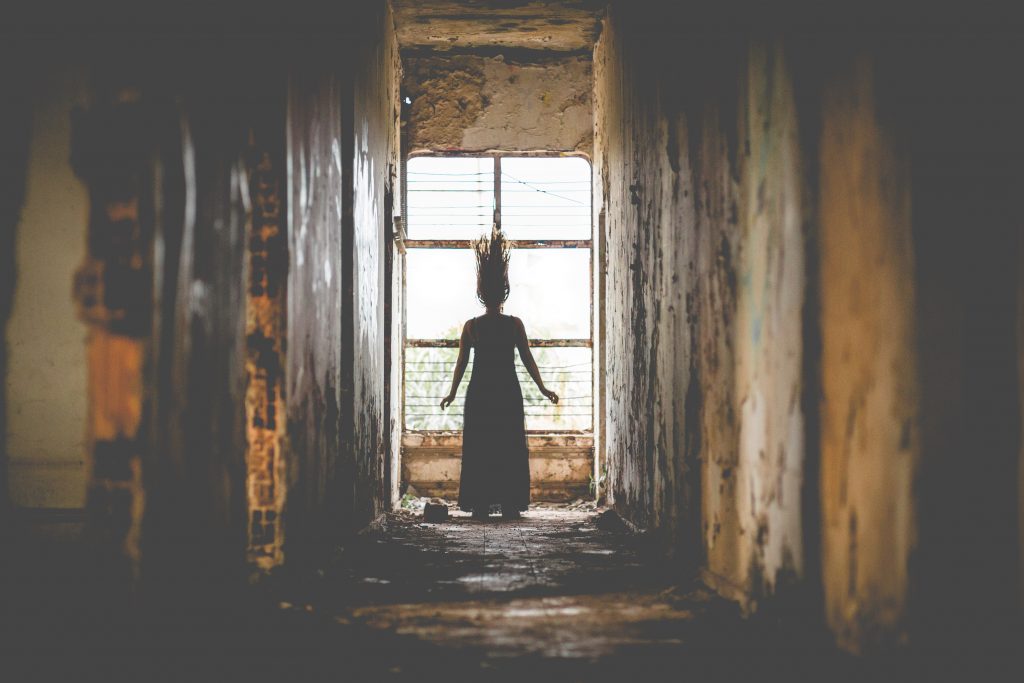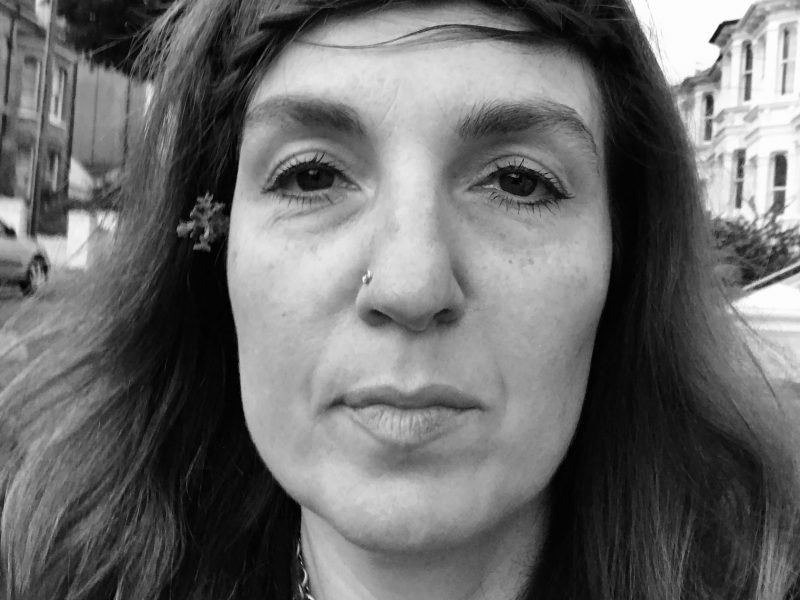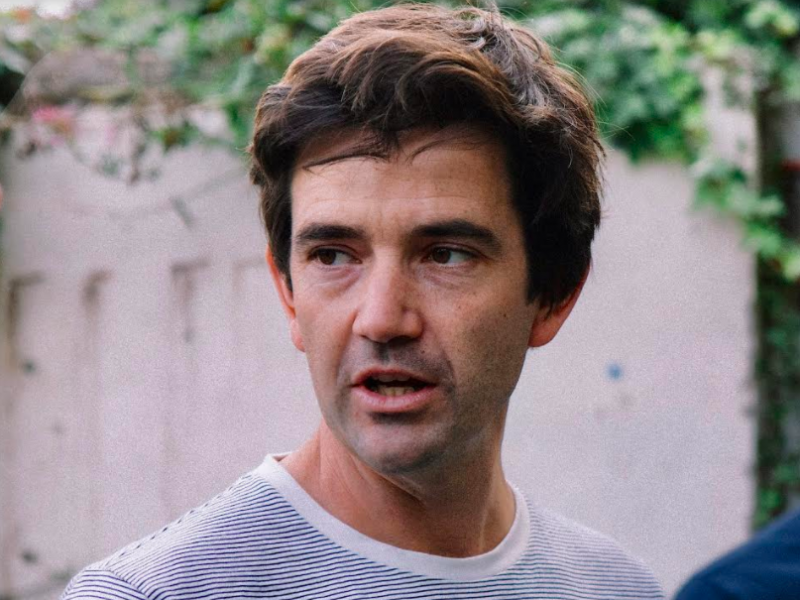Fright Night: Grief in Horror

About the event
The Grief Horror genre comprises films where grief is the crux of the film’s theme or tone. Many film buffs name the 1970s classic Don’t Look Now (1973) – with Donald Sutherland and Julie Christie’s heart wrenching portrayal of grief-stricken parents – as the first mainstream film in the genre but grief horror has been steadily growing in popularity since the 2010s with films like Hereditary (2018), The Babadook (2014), and most recently, the British film Censor (2021).
Why are we watching more and more horror films about grief? And how can horror help us cope with grief? What is it we seek or connect with in this perhaps unlikely place, as we deal with our own often nightmarish situations?
In this session, our expert panellists will discuss several key films in this genre. In The Babadook (2014) a single mother and her child become deeply paranoid when ‘Mister Babadook’, an eerie children’s book, appears in their home. In Censor (2021), a film censor sets out to solve the mystery of her sister’s disappearance, having watched a strangely familiar video nasty. Relic (2020) introduces three generations of the same family who are haunted by a manifestation of dementia that consumes their family home.
This session will be led by Mia Bays. Celebrating 30 years in the film industry in 2021, Mia is the new Director of the British Film Institute’s film fund and has been a successful feature film distribution strategist, publicist, international sales agent, and producer of Oscar-winning films.
Mia will be joined by Dr Jimmy Hay, a film director and senior lecturer in the Department of Film and Television at the University of Bristol. Jimmy has written and directed a number of short films including his debut feature film, High Tide (2015). We also welcome Isaura Barbé-Brown, the British actress who portrayed Laurena Kama in Fantastic Beasts: The Crimes of Grindelwald and who also writes regularly for The Final Girls – a blog, podcast and event series which explores the intersections of horror and feminism.


